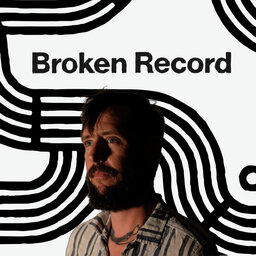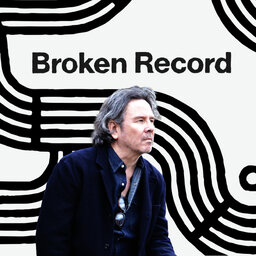Rewind: Robbie Robertson
In honor of Robbie Robertson’s passing, we’re replaying an old episode of Broken Record featuring Robbie in conversation with Rick Rubin, Malcolm Gladwell and Bruce Headlam.
When Robbie Robertson turned a house perched above a Malibu beach into a home studio in the 1970's, he had no idea it'd remain a refuge for artists decades later. In this episode, Robbie returns to Shangri La—now the home of our own Rick Rubin—to discuss creating the studio, helping Bob Dylan go electric with The Band, writing "The Weight" and collaborating with Martin Scorsese on his films.
 Broken Record with Rick Rubin, Malcolm Gladwell, Bruce Headlam and Justin Richmond
Broken Record with Rick Rubin, Malcolm Gladwell, Bruce Headlam and Justin Richmond


